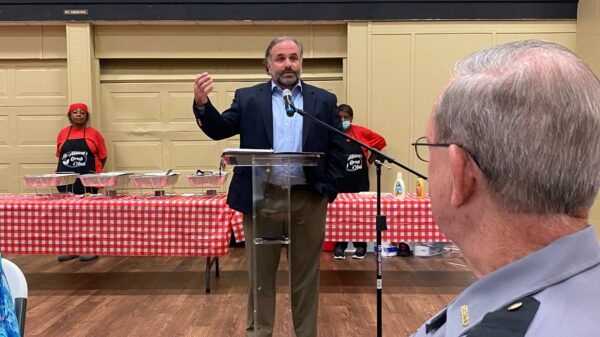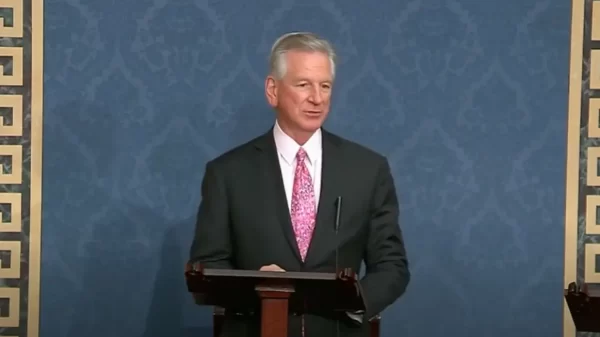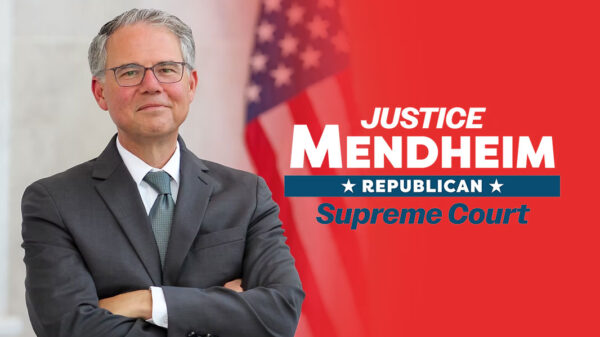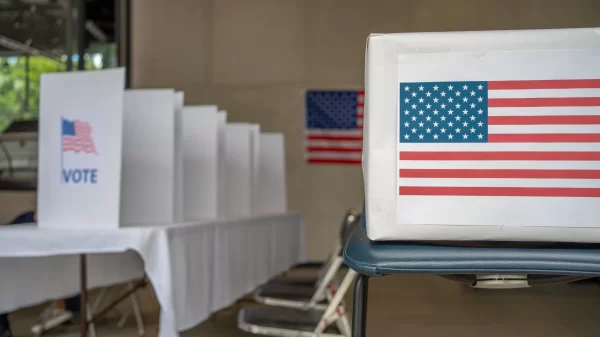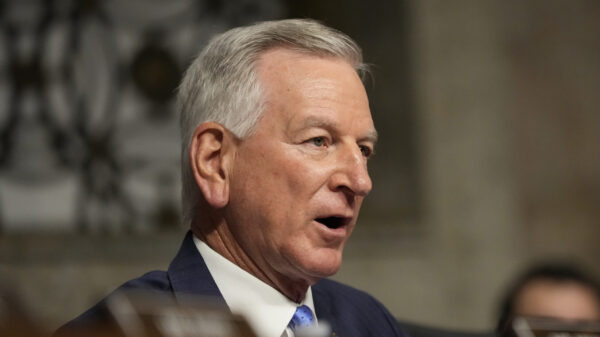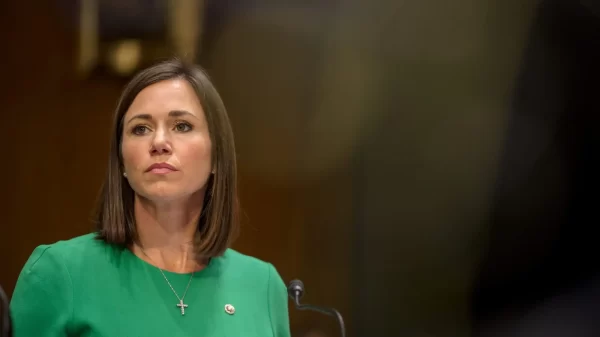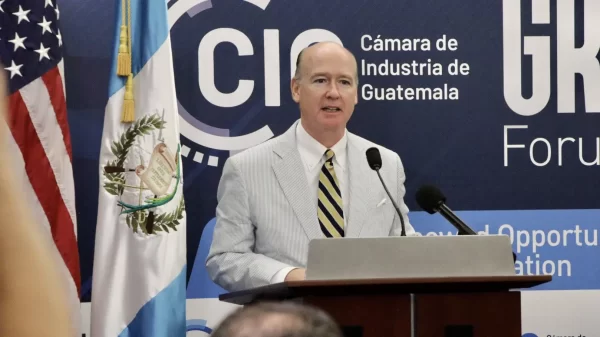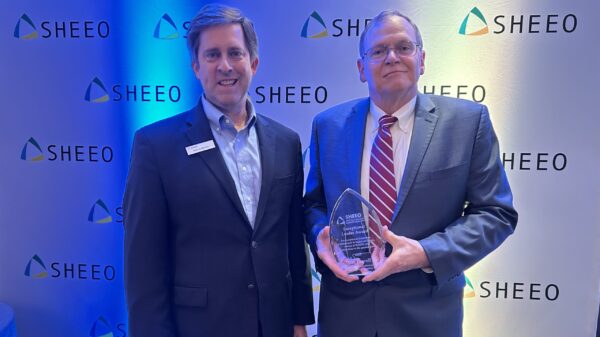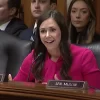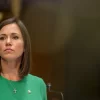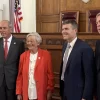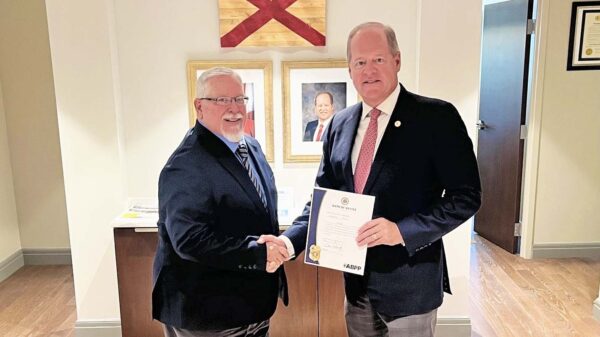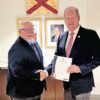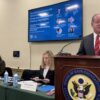By Bill Britt
Alabama Political Reporter
MONTGOMERY—The commission to rewrite Alabama’s 1901 Constitution is at steady work toward an uncertain end because voters will have the ultimate say.
On Monday, December 3, 2012, the commission will reconvene to continue its work on constitutional reform. In the next legislative session, the commission led by former Governor Albert Brewer will offer revisions of Articles III (Distribution of Powers), IV (Legislative Department) and IX (Representation).
“Addressing the constitution as it applies to the legislative branch is the focus of this year’s attempt to rewrite Alabama’s 1901 Constitution,” said Senator Cam Ward, (R-Alabaster), a member of the Constitutional Revision Commission.
Recently, the commission had cause to celebrate as the approval of two amendments written by the commission passed with overwhelming voter support. The revised Corporations Article and the Banking Article moved smoothly from the committee to the legislature and then passed during the general election in November. However, an amendment purportedly to remove racist language from the constitution was soundly defeated. The defeat can be credited to the work of the Alabama Education Association who saw the Amendment as a backdoor removing a child’s guaranteed right to an education in the state.
The commission according to Ward has a good bi-partisan mix including a Tea Party Activist and a democratic pollster.
“It is a healthy debate we are trying to have” said Ward, who is known for his ability to build consensus as a legislator.
Alabama’s constitution has been criticized as a relic of the post-reconstruction era–document designed to keep agriculture and big business prosperous at the expense of the common citizen. One of the concerns that has arisen about the rewrites has been the influence of special interests.
“You are always going to have special interest try to determine the outcome,” Ward said. “But I think the only way we have real reform is by the article-by-article approach.” Ward says, his primary goal is to “make the constitution more functional.”
The Alabama 1901 is considered the world longest constitution it has been a desire of many to see it streamlined into a more coherent document.
“Much of the constitution was written in such away to ensure that it never changes,” said Ward. “This has also led to a constitution that is overly bloated.” Ward thinks that many of the items contained in the constitution should be “under statutes and not a part of the constitution, so that 20 years from now, if they become out dated they can be changed.”
One important area that Ward and the commission needs to be addressed, is when legislators actually take office. Under existing law a legislator takes office at midnight and the votes are not certified until a month later “this can cause all kinds of problems,” Ward says.
Some have said that the 2010 Special Session at which lame duck Governor Bob Riley proceeded over the newly-elected GOP supermajority was such an occasion for problems. In what was suppose to be a epic occasion for ethics reform, the legislature passed campaign finance reform that was not even a part of “the call” only to later find that the so-called reforms were, in fact, a hindrance to prosecution.
At the time then-Governor Bob Riley described the session by saying, “Alabama’s political system underwent more historic change and more reform during the seven-day special session that just concluded than we’ve ever seen before. Because of these landmark reforms, state and local governments in Alabama will operate more honestly, more openly and with more accountability.”
Yet, just a few months after the Riley’s proclamation of sweeping changes in ethics laws, Riley and Mike Hubbard, as well as Democrats would be caught up in a grand jury investigation that would test the new laws. The eight month grand jury investigation that followed did not return a single bill of indictment. However, a summary of the grand jury report delivered to Attorney General Luther Strange found that there was no means by which to prosecute anyone under the newly-enacted Republican-sponsored laws.
Ellen Brooks, Montgomery County District Attorney is the court officer that wrote the grand jury report and her findings saying in part, “there is very little accountability in the law. There is not even a clear definition of who can be prosecuted under the law.”
According to Brooks under current law concerning PACs, there are no clear definitions of who can be prosecuted if a crime is suspected, “We don’t know who that is, the chairman, the secretary, the person who signs the form, we don’t know, the law is unclear.”
With no one to hold accountable it is impossible to take action against law breakers. This is especially true concerning out of state PACs, which seem to have unlimited powers under the new laws. It is this kind of mischief that has the commission working to make sure that the governor and legislator are sworn in within a similar timeframe. Ward, who did not make any comparison with the 2010 special session sited, “mischief that occurred during the transition of lieutenant governors from Don Siegelman to Steve Windom. According to a New York Times report in 1999, “Democrats backed by Governor Siegelman voted to strip the Lieutenant Governor of the power to make committee assignments and direct the flow of legislation.”
Windom, elected as the first Republican in that office in this century, then threatened to hold up some of Siegelman’s legislative agenda.
According to the account at the time, the move was intended to leave the Lt. Governor powerless as long as it was a republican. According to the Times “Siegelman called a special session of the Legislature to solve the dispute, but tension ran so high that Mr. Windom refused to leave the chamber even for a bathroom break during the round-the-clock session, lest Democrats find a way to replace him.” In the end, Windom and the Lieutenant Governor’s office was left as mainly ceremonial.
“It is this type of mischief we want to avoid in the future,” said Ward.
Ward says that personally he hope to make “ the constitution more workable.”
He says as for political ideology, “The people of Alabama are for limited government, we have always been that way, there are ways to make government more libertarian minded in a manner that limits government but it still has to function and operate properly. There are areas in our constitution that do not allow for that.”
Ward says he is confident in the leadership of Governor Brewer and the Commission’s co-chair, Representative Paul DeMarco (R-Homewood), to continue toward a successful article-by-article rewrite of the state’s constitution.
Commission members are as follows: Governor Albert Brewer, Chair; Represenative Paul DeMarco, Vice-Chair; Governor Robert Bentley; Senate Pro Tem Del Marsh; Speaker Mike Hubbard; John Anzalone; Greg Butrus; Vicki Drummond; Becky Gerritson; Matt Lembke; Carolyn McKinstry; Jim Pratt; and Representative Patricia Todd.

